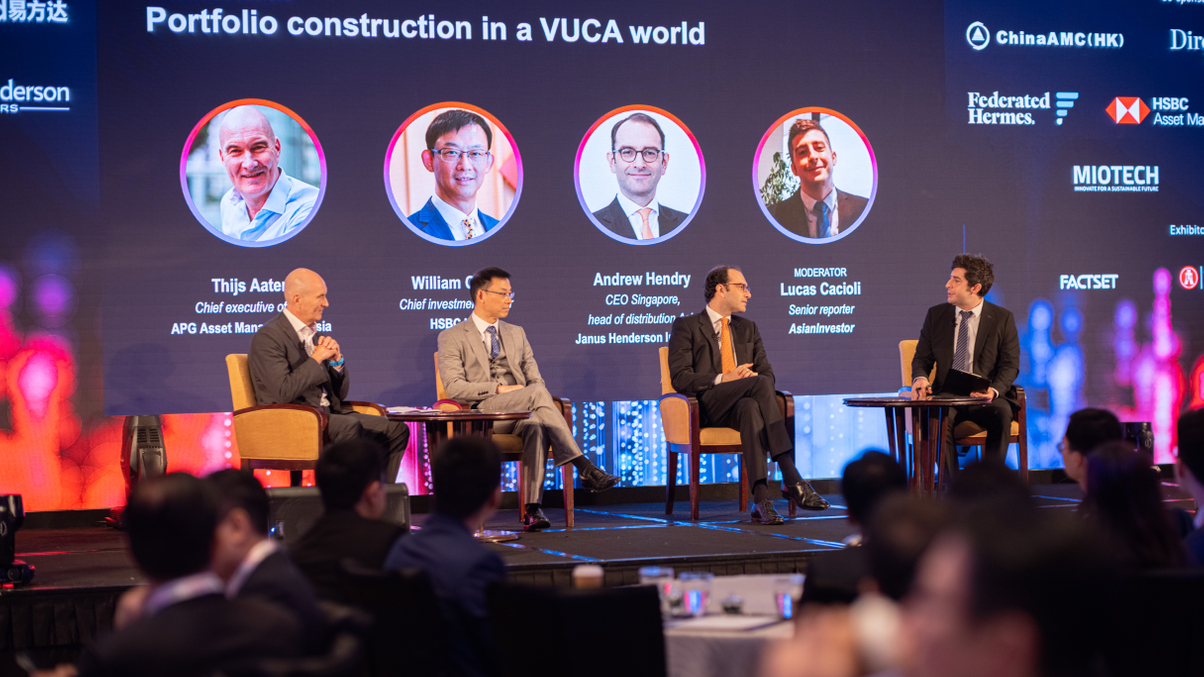APG Asia CEO: the age of free money drawing to a close
After more than a decade of steady growth and returns, institutional investors now have to navigate a high interest rate environment and adapt to new market realities.

Against the backdrop of sticky inflation, rising rates and geopolitical conflict, bond and equity markets have experienced significant turmoil, and fears of a looming recession are growing among many investors and analysts.
Sign in to read on!
Registered users get 2 free articles in 30 days.
Subscribers have full unlimited access to AsianInvestor
Not signed up? New users get 2 free articles per month, plus a 7-day unlimited free trial.
¬ Haymarket Media Limited. All rights reserved.


